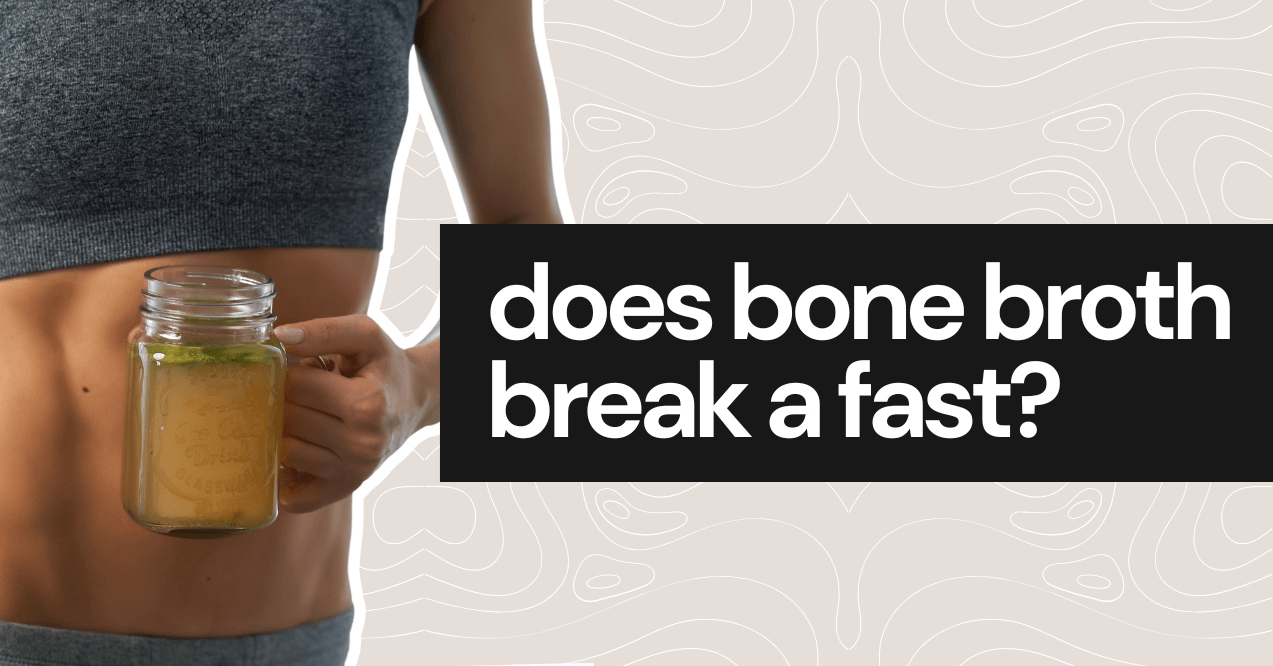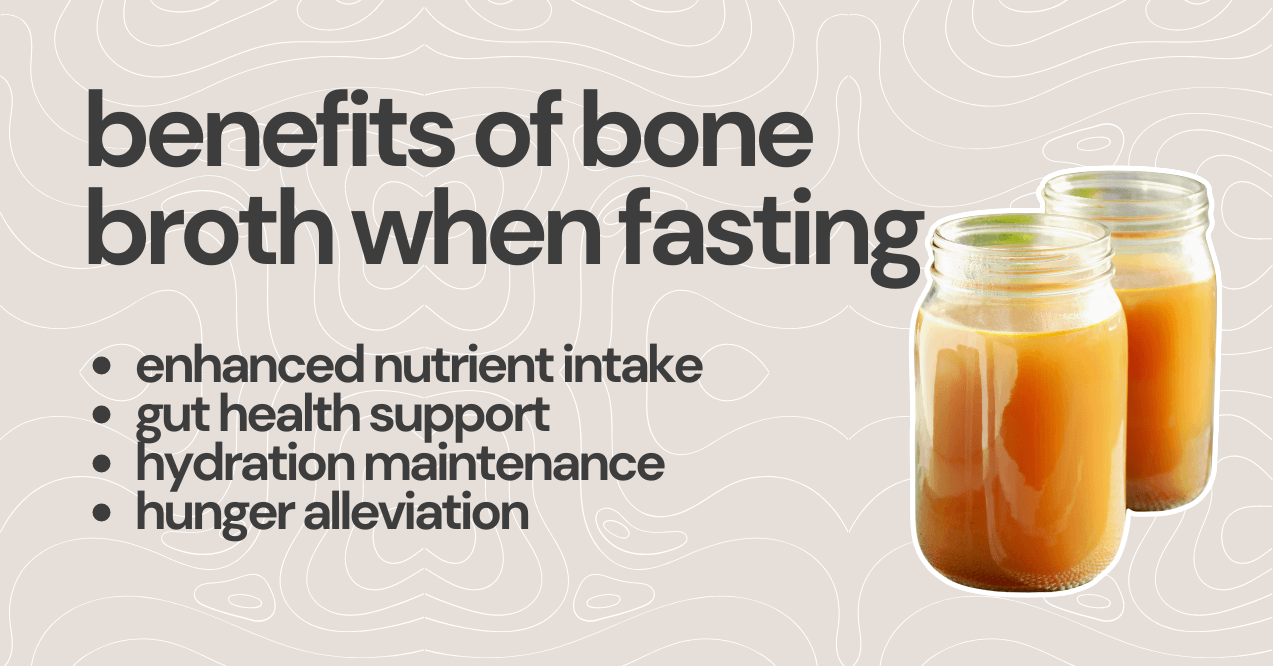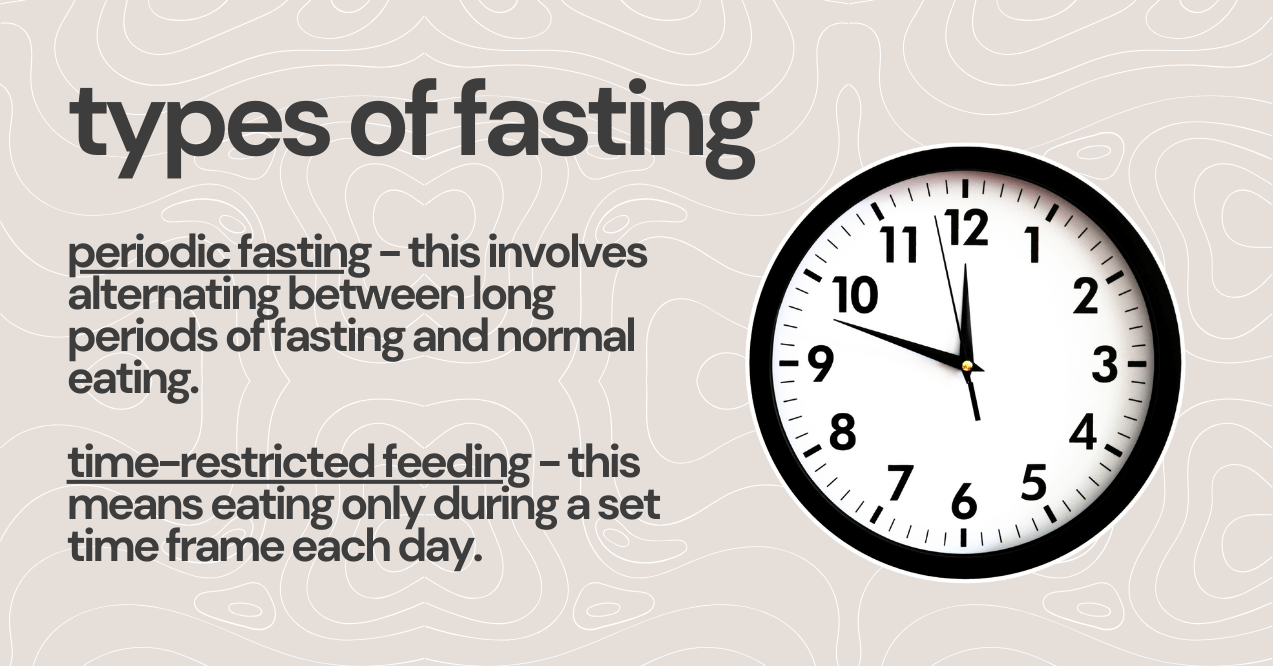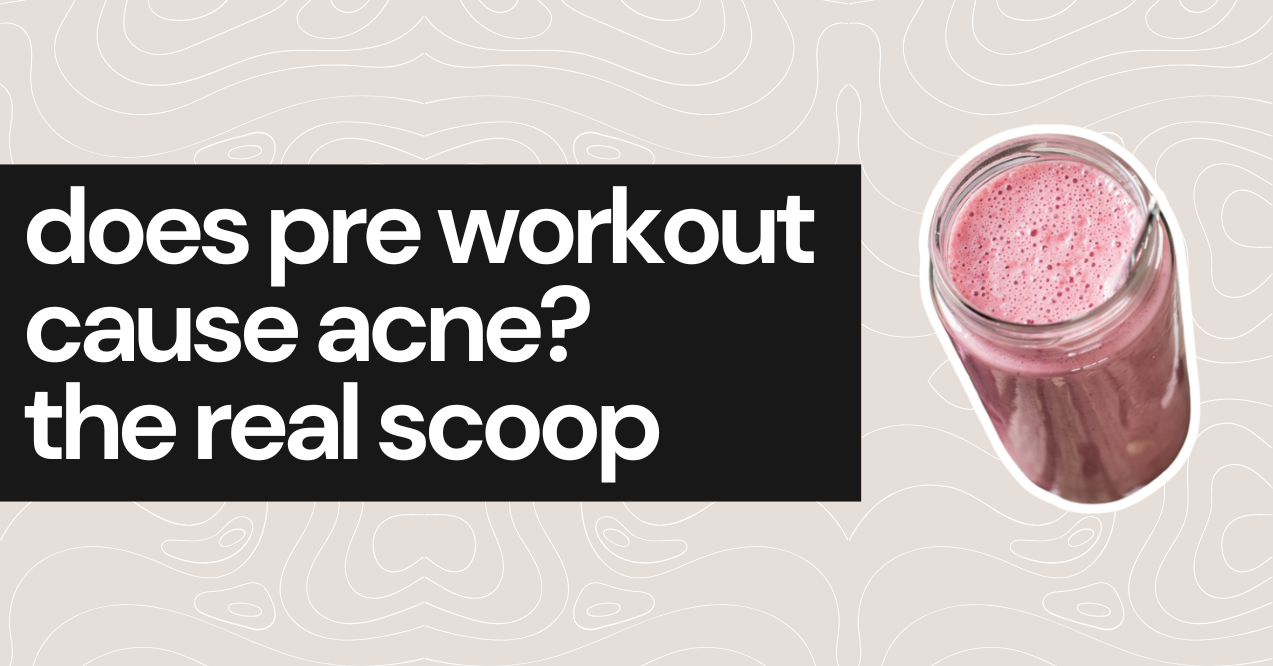nutrition
by trumeta | March 25, 2024
Does Bone Broth Break a Fast?

Ever wondered, does bone broth break a fast? Well, you’re in for a treat as we dive deep into the savory world of bone broth fast! This isn’t just your grandma’s secret soup recipe.
As we unravel the savory secrets, discover how bone broth seamlessly blends with various fasting methods, offering a comforting embrace to your health journey. Imagine sipping on the essence of ancient wisdom, fortified with a commitment to ethical sourcing and environmental consciousness. Speaking of nutritional benefits, you might be curious about how much collagen is in bone broth and bone broth supplements. Don’t worry, we will overview everything in this text!
We’re here to guide you through the brothy maze, highlighting the incredible benefits this liquid gold brings to the fasting table. Get ready to explore a world where every gulp is a step toward well-being, all the while keeping your fasting goals on track. Let’s raise our cups to our healthy journey, one soothing sip at a time!
What is a Bone Broth Fast?
A bone broth[1] fast represents a focused approach to fasting[2], where the primary intake is bone broth, rich in vital nutrients such as collagen, amino acids, and minerals. This method, typically lasting between 3 to 5 days, is designed to support gut health and promote systemic reviatlization while ensuring the body receives essential nutrients. The premise of the fast is to leverage the nutritional profile of bone broth, which includes key components that aid in digestive health, reduce pro-inflammatory overactivity, and overall bodily regeneration.
This fasting method stands out for its ability to provide a concentrated source of nourishment, making it particularly beneficial for those seeking to maintain nutritional intake without the burden of heavy digestion. It’s a strategic pause in regular eating patterns, allowing the digestive system a chance to rest and recuperate.
The nutrient-dense yet low-calorie nature of bone broth may help manage hunger and optimize metabolism, potentially leading to a gentle and sustainable weight reduction.
In essence, a bone broth fast offers a unique combination of nutritional support and fasting benefits, making it a compelling choice for individuals looking to improve gut health, strengthen the body’s architecture , and explore a supportive path toward weight loss.
Does Bone Broth Break a Fast? All You Need to Know
So, does bone broth break a fast? The answer is nuanced, depending on the specific goals and types of fasting one adheres to. Unlike pure water fasting, which involves abstaining from all caloric intake, consuming bone broth introduces minimal calories and a rich array of essential nutrients into the body. This technically breaks a traditional fast due to the caloric content, yet it supports and even enhances many of the benefits sought through fasting, such as improving gut health and reducing overactive pro-inflammatory markers.
Here’s a deeper dive into the bone broth and fasting nuances:
- Nutritional Support – Bone broth is laden with nutrients like collagen[3], amino acids, minerals, and vitamins, which can provide the body with the necessary support without overburdening the digestive system. This makes it an excellent choice for those looking to maintain nutritional intake during a fast.
- Gut Health – One of the primary benefits of including bone broth in a fasting regimen is its potential to regenerate and strengthen the gut lining. The collagen and amino acids in bone broth can help reform intestinal walls and promote a healthy gut microbiome.
- Reducing Pro-inflammatory Overactivity – The nutrients found in bone broth[4] have been linked to reducing pro-inflammatory markers. Fasting itself is known for its anti-inflammatory effects, and bone broth can complement this by offering additional anti-inflammatory benefits.
- Weight Management – For those interested in fasting for weight loss, bone broth can be a strategic addition. It provides satiety with minimal calories, helping to manage hunger pangs without significantly impacting the calorie deficit achieved through fasting.
While bone broth does technically break a fast due to its caloric content, it aligns well with the objectives of many fasting protocols, offering a balanced approach to fasting that supports gut health, reduces pro-inflammatory responses, and aids in weight management. Its inclusion in a fasting regimen should be tailored to individual goals, recognizing its potential to enhance the overall fasting experience.
Benefits of Bone Broth During Fasting

Incorporating bone broth during periods of intermittent fasting can significantly enhance the fasting experience by providing a multitude of benefits. This nourishing liquid offers more than just warmth and comfort; it supplies a wealth of nutrients that support the body’s needs during times of reduced food intake. Here are some key advantages:
- Enhanced Nutrient Intake – Bone broth is a powerhouse of vitamins and minerals and is particularly rich in collagen, which begs the question, how much collagen is in bone broth? The collagen content in bone broth can vary widely, typically ranging from 5 to 10 grams per serving, depending on factors like the type of bones used and the cooking duration. You may also think: can you take collagen and bone broth together? Yes, you can. Combining them may improve skin, joint and overall health.
- Gut Health Support – The amino acids and collagen in bone broth play a critical role in regeneration and maintaining the integrity of the gut lining, contributing to support immunity and improve digestive health.
- Hydration Maintenance – Fasting can lead to decreased fluid intake; bone broth helps maintain hydration levels due to its water content and electrolytes, making it a nutritious way to stay hydrated.
- Hunger Alleviation – The satiating nature of bone broth may help diminish feelings of hunger, making fasting periods more manageable and comfortable.
These benefits highlight how bone broth can be a strategic addition to intermittent fasting, not only making the process more bearable but also enriching the body with essential nutrients, supporting overall health and well-being during the fasting journey.
Important Types of Fasting

Intermittent Fasting With Bone Broth
Intermittent fasting[5] with bone broth marries the timeless wisdom of fasting with the nourishing essence of bone broth, creating a symphony of health benefits. This dynamic duo elevates the fasting experience by infusing it with a rich tapestry of nutrients, including collagen, amino acids, and minerals, essential for revitalizing the body and spirit.
As you navigate through the fasting windows, bone broth stands as a comforting beacon, offering not just hydration and sustenance but also acting as a catalyst for gut health, reducing proinflammatory overactivity, and promote overall wellness.
It’s a gentle yet powerful companion that makes the intermittent fasting journey more palatable and fulfilling. Whether you’re looking to optimize detoxification, strengthen skin health, or simply seek a sustainable path to weight management, incorporating bone broth into your fasting routine can unlock doors to a more vibrant, healthful life, making each fasting hour a step towards revitalization.
Time-Restricted Feeding
Time-restricted feeding[6], an approach where eating is confined to a specific window each day, becomes even more potent when paired with bone broth. This combination not only streamlines your eating patterns but also infuses your body with a powerhouse of nutrition during your eating phases. Bone broth, rich in collagen, minerals, and amino acids, acts as a soothing elixir that nurtures the body deeply, enhancing the natural healing processes that time-restricted feeding promotes.
It’s a strategy that supports your body’s internal clock, aligning nourishment with your circadian rhythms for optimal health outcomes. As you journey through your eating and fasting windows, bone broth serves as a comforting, nutrient-dense choice that can help maintain hydration, optimize gut health, and ease the transition into and out of fasting periods.
This thoughtful integration of bone broth into time-restricted feeding not only amplifies the health benefits but also enriches the experience, making each mealtime a moment of mindful, healthful indulgence.
Periodic Fasting
Periodic fasting, characterized by extended fasting intervals interspersed with periods of normal eating, finds a perfect ally in bone broth. This method, aimed at deep cleansing and revitalization, is significantly enhanced by the inclusion of bone broth during the refeeding phases. Bone broth, with its profound nutritional profile, rich in collagen, essential amino acids, and minerals, acts as a gentle yet potent nourishment source. It aids in the recovery and rebuilding process post-fast, supporting the body’s natural regeneration mechanisms.
The broth’s nutrients are particularly beneficial for strengthening gut barrier health, optimizing immune function, and reducing pro-inflammatory markers, making the transition back to regular eating not only smoother but also more beneficial. Incorporating bone broth into periodic fasting regimens ensures that each fasting cycle is not just a pause from eating but a purposeful journey toward optimal health. It’s an approach that honors the body’s needs, providing a foundation for sustained well-being and resilience, making every fast a stepping stone to revitalized health.
How to Use Bone Broth for Intermittent Fasting
Incorporating bone broth into intermittent fasting can enhance your fasting experience by offering nourishment and mitigating hunger pangs without compromising the fasting benefits. Here’s how to seamlessly integrate it into your routine:
- Begin Your Day – Start your fasting window with a warm cup of bone broth to gently awaken your body and provide it with hydrating and nourishing minerals.
- Alleviate Hunger – If hunger strikes during your fasting period, consume a small serving of bone broth. Its rich content can help stave off hunger and provide a sense of satiety.
- Stay Hydrated – Use bone broth as a means to stay hydrated. Its electrolytes[7] and water content can contribute to your daily hydration needs, beyond plain water.
- Nutrient Intake – Leverage bone broth for its nutrients—collagen, amino acids, and minerals—that support gut health and overall wellness without breaking your fast.
This approach ensures you maintain the integrity of your fast by avoiding significant caloric intake while benefiting from bone broth’s nutritional profile, making your intermittent fasting journey both effective and enjoyable.
For those integrating bone broth into their wellness routine, trumeta‘s bone broth protein emerges as a standout choice. This product is meticulously designed to revitalize physical performance, cognitive function, and skin hydration, all while supporting optimal body composition. Its formulation is aimed at those seeking the profound benefits of bone broth in a convenient, concentrated protein form.
With trumeta offering a subscription model, users can enjoy the ease of monthly deliveries, ensuring a consistent supply of this nourishing protein. This approach not only simplifies maintaining a healthy lifestyle but also offers the product at a more favorable price point, making it a wise choice for anyone looking to harness the holistic benefits of bone broth in their dietary regimen.

Key Takeaways
- Bone Broth Fast – A specific fasting method focusing on consuming bone broth, rich in collagen, amino acids, and minerals, for 3 to 5 days to support gut health and systemic revitalization while providing essential nutrients.
- Nutritional Support – Bone broth introduces minimal calories but is packed with essential nutrients, making it beneficial during fasting for maintaining nutritional intake without heavy digestion.
- Gut Health and Immune Response – The collagen and amino acids in bone broth help reform the intestinal walls and reduce pro-inflammatory markers, complementing fasting’s anti-inflammatory effects.
- Weight Management – Bone broth may aid in managing hunger and stimulate metabolism, leading to sustainable weight loss during fasting periods.
- Enhanced Fasting Experience – Incorporating bone broth in intermittent fasting can enhance nutrient intake, support gut health, maintain hydration, and alleviate hunger, enriching the fasting journey.
- Incorporation Strategies – To integrate bone broth into intermittent fasting, start the day with it, consume it during hunger pangs, use it for hydration, and leverage its nutrients to support gut health and wellness without breaking the fast.
FAQs
Collagen, a protein, technically breaks a fast by introducing calories and stimulating digestion. However, if consumed in small amounts for its health benefits, such as improving skin elasticity and joint health, it may still support the overall goals of certain fasting protocols focused on wellness rather than strict calorie restriction.
Vegetable broth can technically break a fast due to its caloric content, though minimal. However, for those focusing on the health benefits of fasting rather than strict calorie restriction, consuming low-calorie vegetable broth can provide hydration, minerals, and vitamins without significantly impacting the body’s fasting state.
Yes, you can drink bone broth while fasting. It provides minimal calories and a rich array of essential nutrients, supporting many fasting benefits like improving gut health and has anti-inflammatory properties. Though it technically breaks a traditional fast, it aligns well with the objectives of most fasting protocols.
Resources
[1] Mar-Solís, L. M., Soto‐Domínguez, A., Rodríguez-Tovar, L. E., Rodríguez-Rocha, H., García-García, A., Aguirre-Arzola, V. E., Zamora-Ávila, D. E., Garza-Arredondo, A. J., & Castillo-Velázquez, U. (2021). Analysis of the Anti-Inflammatory Capacity of bone broth in a murine model of ulcerative colitis. Medicina-lithuania, 57(11), 1138. https://doi.org/10.3390/medicina57111138
[2] Wang, Y., & Wu, R. (2022). The effect of fasting on human metabolism and psychological health. Disease Markers, 2022, 1–7. https://doi.org/10.1155/2022/5653739
[3] Abrahams, M., O’Grady, R., & Prawitt, J. (2022). Effect of a daily collagen peptide supplement on digestive symptoms in healthy women: 2-Phase mixed Methods study. JMIR Formative Research, 6(5), e36339. https://doi.org/10.2196/36339
[4] Hawkins, J., & Durham, P. L. (2018). Enriched Chicken Bone Broth as a Dietary Supplement Reduces Nociception and Sensitization Associated with Prolonged Jaw Opening. Journal of Oral and Facial Pain and Headache, 32(2), 208–215. https://doi.org/10.11607/ofph.1971
[5] Collier, R. (2013). Intermittent fasting: the science of going without. Canadian Medical Association Journal, 185(9), E363–E364. https://doi.org/10.1503/cmaj.109-4451
[6] Boyd, P., O’Connor, S., Heckman-Stoddard, B. M., & Sauter, E. R. (2022). Time-Restricted feeding studies and possible human benefit. JNCI Cancer Spectrum, 6(3). https://doi.org/10.1093/jncics/pkac032
[7] Shrimanker, I., & Bhattarai, S. (2023, July 24). Electrolytes. StatPearls – NCBI Bookshelf. https://www.ncbi.nlm.nih.gov/books/NBK541123/
Advertisement. This site offers health, wellness, fitness and nutritional information and is designed for educational purposes only. You should not rely on this information as a substitute for professional medical advice, diagnosis, or treatment. If you have any concerns or questions about your health, you should always consult with a physician or other health-care professional. Do not disregard, avoid or delay obtaining medical or health related advice from your health-care professional because of something you May have read on this site. The use of any information provided on this site is solely at your own risk.
Popular Posts
Recent Posts
Does Creatine Expire and Lose Its Effectiveness?
July 17, 2024
Should You Take Pre Workout Before Running?
July 11, 2024
What Are the Best Herbs for Muscle Recovery?
June 27, 2024
Can You Drink Protein Shakes Without Working Out?
June 20, 2024


